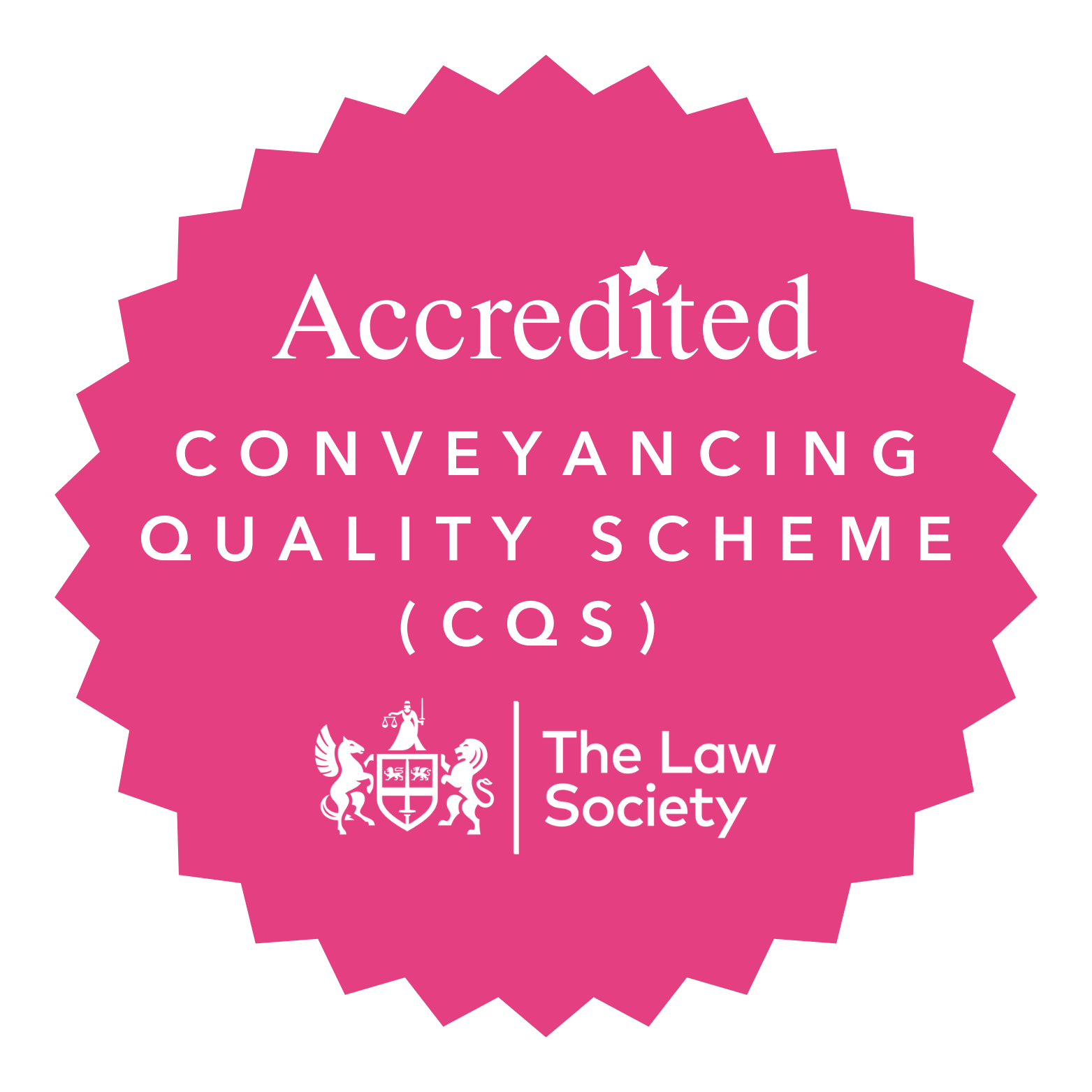Deciding how to look after your child after a separation can be overwhelming. We can assist you in negotiating and finalising the arrangements for your child's care, or, where agreement cannot be reached, in making an application to the family court and representing you in proceedings. Our children and divorce teams work closely together to help put arrangements in place for the future of the whole family, ensuring that the best interests of the child/children are at the forefront of every decision made.
We assist parents and guardians in addressing concerns and establishing guidelines regarding child custody. We aim to help clients reach a mutually agreeable solution without the need for court intervention. This can be achieved through direct dialogue, negotiations between solicitors, or by using a collaborative law approach.
However, if a mutual agreement is not achieved, we are able to guide you through court proceedings, and fight your corner, as necessary.
Our solicitors regularly represent parents, grandparents, children and other family members.
What is a child arrangements order?
A child arrangements order is a legal document issued by a court, outlining the details of who is responsible for the care of a child. This includes who the child will live with, and the frequency and nature of the child's contact with other care-givers, amongst other considerations.
Such an order is mainly used in situations where parents are unable to mutually agree on the care-sharing arrangements for their children, or to formalise an agreement they have reached.
The intention of the order is to guarantee the child’s welfare at all times and decides;
Residence: It stipulates with whom the child will live.
Time with Parents: It outlines the time the child will spend with each parent (and may impose conditions on such time).
Other Contact Methods: The order also includes provisions for other forms of communication, like phone calls and letters between the child and the non-resident parent.
It is important to note that 'child arrangements orders' have replaced the older 'residence orders' and 'contact orders'. For parents who already possess these previous orders, there's no need to reapply in every case; most will remain valid, but if you have any queries or concerns about any aspect of the order (for example, its enforceability), then we can assist.
Who can apply for a child arrangements order?
The following individuals can seek an order without first asking the court for permission;
- The child's parent, guardian, or special guardian of the child
- A husband, wife, or civil partner
- Anyone with legal parental responsibility
- Anyone who currently has a residence order for that child
- Anyone who's had the child living with them for over three years
There may be preliminary issues to deal with, or you may not fall into any of those categories (for example, if you are a grandparent), or you may need the court's urgent attention. We can help in any such situation.
If you're not a parent please see our page Grandparents and Other Family Members.
Since individual family circumstances will vary enormously, we strongly advise you to seek advice from one of our specialist solicitors on 01827 317070.
How do I apply for Child Arrangements Order?
Before making an application for a child arrangements order, you will need:
- to attend a Mediation Information and Assessment Meeting (MIAM). It's a crucial first step for anyone facing disagreements over children, with the exception of cases involving domestic abuse; and
- to fill out the court application form. It is important to get this step correct because it is where you set out what order(s) you are seeking and why, and this may not be limited to a child arrangements order.
The requirements and the steps you need to take will differ if you have suffered domestic abuse and/or your circumstances urgently require a court order.
Once you have completed the forms, you will need to submit all three documents to the court along with a fee of £215, unless you are eligible for a fee exemption. The application should be sent to the court nearest to where your child lives.
Our specialist solicitors can assist you with this process.
Once the court has received your papers, either a court hearing will be listed or the court will direct what steps should be taken next (for example, the gathering of evidence which will assist the court in making its decision).
The other individual(s) involved will receive a copy of your application.
Can I change a child arrangements order?
As children grow and circumstances shift – perhaps due to a change in employment, proposed relocation, or evolving needs of the child – modifications to the order might become necessary.
Should you feel the need to alter a child arrangements order, the first step is to consult with the other party to see if there's mutual agreement. If both sides are unable to agree, mediation might be a suitable path. In some cases, where there are older children involved, their wishes and feelings are important, too. Alternatively, if reaching a mutual agreement proves challenging, or if there are issues arising which might affect the child's safety, it's wise to seek legal advice and think about formally approaching the court for a resolution.
Should you wish to seek or vary a child arrangements order, please do not hesitate to contact our specialist solicitors on 01827 317070.
What will the court consider when making or varying a child arrangements order?
When determining any question regarding a child's welfare, the courts primary concern is always the child's wellbeing and the court will assess this by reference to various different factors, which are set out at section 1(3) of the Children Act 1989 and known together as 'the welfare checklist'.
Before making any orders under the Children Act, the court ensures that doing so will benefit the child more than by not taking any action. Although the Act recognises that any delays can harm the child's welfare, the court still commits ample time and resources to handle the case properly.
Can a family court decision be overturned?
You may be able to appeal a decision of the family court. Strict considerations and timescales apply and we would always recommend seeking legal advice to understand your specific situation better. We can assist with appeals.
How long does a child arrangements order last?
Typically, depending on the circumstances, the order remains in place until the child reaches 16 years of age, but it may last until the child becomes 18 years old or the court may specify a different age.
How much does it cost for a child arrangements order?
In terms of child arrangements, the current fee payable to the court when lodging your application is £232; however, you may qualify for fee exemption or remission.
We can discuss with you the potential costs involved in advising/representing you before undertaking any work and we offer Legal Aid to those who qualify.
Is a child arrangements order legally binding?
Yes, this order must be followed by law and is legally binding.
If a parent doesn't obey the order, they may be held to be in contempt of court. This might lead to fines, extra orders to follow, community work, or even a jail sentence.
Are child arrangement orders enforceable?
Sometimes these orders aren't always followed.
If you're having trouble with a child arrangements order, it's a good idea to talk to the other parent about the issues. This might help you sort things out without going back to court. Mediation might be useful too.
If you can't resolve the situation, you can ask the court to enforce the order and we can assist.
It's important to handle these cases quickly.
Should I consult a solicitor before altering a Child Arrangements Order?
Child arrangements orders are legally binding, so not following them can lead to series consequences. Navigating the family court process can be emotionally taxing and legally difficult, making expert solicitors essential in the process. We can advise you on your case, identify potential challenges early on, and guide you towards the best results for your children and family.
How can a solicitor help me with a Child Arrangements Order?
We understand the workings of what can be a tricky area of law and can use our expertise to negotiate an amicable solution or represent your interests in court. Our involvement can help to move things on when a situation has reached deadlock.
Whether you're considering or facing a child arrangements order, it's essential to consult with a solicitor to understand your rights and responsibilities in the process. For further details contact Richard Westley on 01827 317070 or email family@pickerings-solicitors.com



